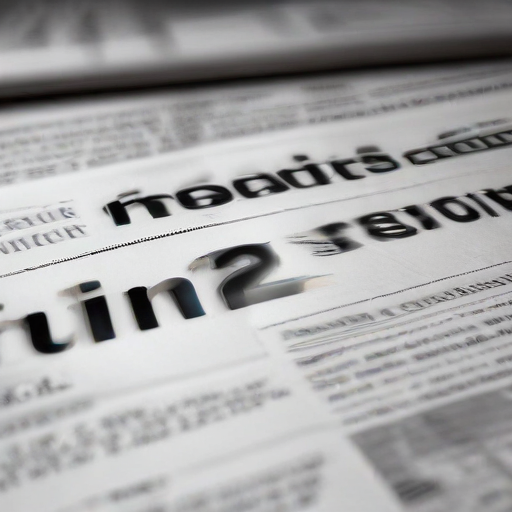Goldman Sachs has provided insights into the potential economic policies of Vice President Kamala Harris should she secure the Democratic presidential nomination, following President Biden’s recent withdrawal from the race. Despite the change in leadership, analysts do not expect significant alterations in the Democratic Party’s fiscal and trade agenda.
After Biden’s endorsement of Harris, the Vice President expressed her commitment to moving forward in the campaign, garnering support from notable figures such as California Governor Gavin Newsom, Pennsylvania Governor Josh Shapiro, and New Jersey Governor Phil Murphy. However, Goldman Sachs reiterated that Harris’s policy direction is likely to remain consistent with Biden’s approach.
In their analysis, Goldman Sachs stated that although Harris’s nomination could marginally increase the Democrats’ odds of winning the presidency, these odds would remain slightly below 40%. Looking ahead, the firm highlighted that taxation will play a crucial role in upcoming fiscal discussions, with the expiration of key tax provisions set for the end of 2025 looming on the horizon. Thus, the incoming administration, whether under Harris or a different candidate, will play a pivotal role in shaping tax policy.
Some key forecasts from Goldman Sachs regarding potential tax rates include:
– A proposed increase in tax rates to 39.6% for individuals earning over $400,000, up from the current rates of 35% to 37%.
– A suggested corporate tax rate of 28%, up from the existing 21%, though analysts believe a more likely rate would settle around 25%.
– An increase in the tax rate for Social Security and Medicare contributions on incomes exceeding $400,000 from 3.8% to 5%.
As of now, predictive markets suggest potential vice presidential candidates could include Pennsylvania Governor Shapiro, North Carolina Governor Roy Cooper, Kentucky Governor Andy Beshear, or Arizona Senator Mark Kelly.
This situation underscores a moment of transition for the Democratic Party, with the potential for continued stability in economic policymaking anticipated under Harris’s leadership. In a time of uncertainty, having a consistent policy framework offers a degree of assurance to voters and investors alike.
In summary, while the political landscape evolves, the commitment to certain fiscal policies appears to maintain a sense of continuity, which could foster stability in economic planning moving forward.
